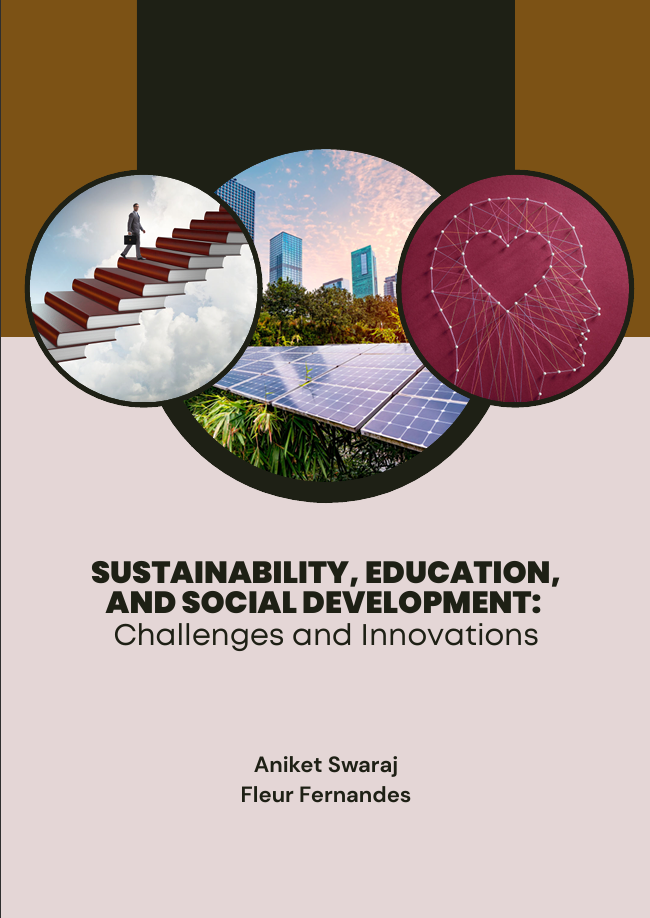The book Sustainability, Education, and Social Development: Challenges and Innovations brings together a diverse collection of research papers that explore the critical intersections of education, social equity, environmental sustainability, and economic development. In an era marked by urgent global challenges such as climate change, social disparities, and rapid technological transformation, this volume highlights innovative approaches and pressing issues that shape the future of sustainable development through education.
The included papers cover a wide range of topics that collectively underscore the transformative power of education. They investigate how interdisciplinary learning fosters critical thinking essential for addressing complex sustainability challenges, the role of vocational training institutes (ITIs) in improving employment opportunities in Mumbai, and the importance of accessible learning environments for inclusivity and employability, particularly for visually impaired students. Other studies delve into managing food waste in India, disparities in healthcare access for cancer patients in Maharashtra, and the transition from traditional to modern teaching methods, reflecting the evolving educational landscape.
Moreover, the book addresses contemporary social and environmental concerns such as the impact of fast and slow fashion on the environment, the hidden effects of screen time on health and performance, and the digital divide's implications for equal access to education and e-commerce platforms. It also explores the broader economic and social impacts of education access, diet-related health issues, and innovative market solutions like thermo smart bottles.
This collection aligns with global efforts, such as UNESCO’s Education for Sustainable Development (ESD) initiatives, which emphasize education as a key driver for empowering individuals with knowledge, skills, values, and behaviors needed for sustainable living.
By integrating environmental, social, and economic dimensions, the book reflects the holistic and interdisciplinary approach advocated for achieving the Sustainable Development Goals (SDGs), particularly SDG 4 on quality education.
Through these diverse contributions, the volume offers valuable insights into how education can be a catalyst for social innovation, equity, and sustainability, providing pathways for policy makers, educators, researchers, and practitioners committed to shaping a more inclusive and sustainable future.

